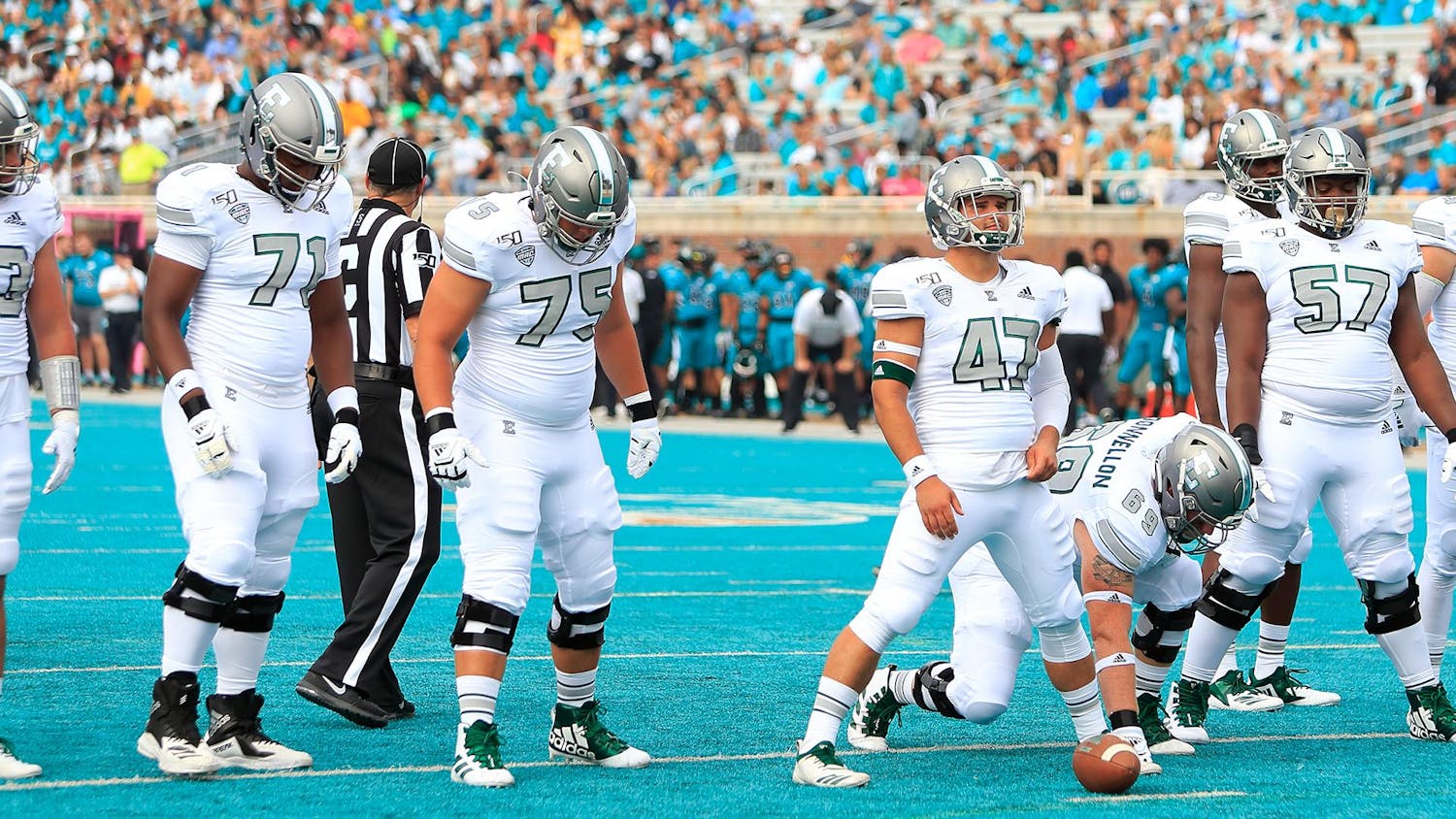It’s simple economics when you think about it, with a mounting debt, the United States has come to a crossroads where it is going to have to make a “guns or butter” kind of decision.
“Guns or butter” is a metaphor used to describe the decision a government must make when it has limited resources and can’t afford to spend heavily on both arms and domestic programs.
So far, much like the former Soviet Union, the U.S. has decided to spend on guns rather than butter. The current U.S. defense budget is $685.1 billion dollars per year, which excludes the cost of the conflicts in the Middle East; with those figures tacked on, the U.S. is spending around $700 billion a year.
Also like the former Soviet Union, in large part because of the expenditures on defense and war, the U.S. is currently spending more than it collects in revenue and has accumulated a large debt.
The projections for the U.S. budget deficit for the fiscal year of 2011 stand at $1.5 trillion to pile onto the $14 trillion in debt the U.S. has already incurred.
As I said before, it is time for the U.S. to make a “guns or butter” kind of decision. The Soviet Union failed to make the kind of decision I am talking about, and in a cautionary tale to the U.S., began to crumble after being mired in conflict in Afghanistan in the 1980s.
The war in Afghanistan has consumed more money in the past year alone than what was spent on the Revolutionary War, the War of 1812, the Mexican-American War, the Civil War and the Spanish-American War combined.
This amount seems small compared to the larger reality: the U.S. spends more on defense than the next top twenty nations combined. Unless the U.S. is going to war with the rest of the world, there is nothing to warrant this kind of spending.
Even when spending of this nature was somewhat warranted, like when the U.S. was competing in the 1950s to defeat the Soviet Union, the leaders who presided over it were wary of the defense cost.
“Every gun that is made, every warship launched, every rocket fired signifies, in the final sense, a theft from those who hunger and are not fed, those who are cold and are not clothed,” President Eisenhower said in his “Cross of Iron Speech.”
“This world in arms is not spending money alone,” continued Eisenhower, “It is spending the sweat of its laborers, the genius of its scientists, the hopes of its children.”
In his State of the Union address, President Obama signaled he was ready to make the kind of “guns or butter” decision the U.S. needs to make. The president mentioned cutting the budget, including defense, while also making investments at home.
“We’ll invest in biomedical research, information technology and especially clean energy technology – an investment that will strengthen our security, protect our planet and create countless new jobs for our people,” the President said.
A diminished defense budget does not mean diminished national security, in fact, America choosing to invest in domestic programs while also curtailing its debt with cuts to defense spending would be the greatest national security move according to some.
“The most significant threat to our national security is our debt,” said Chairman of the Joint Chiefs of Staff Adm. Mike Mullen in an interview with CNN.
“And the reason I say that is because the ability for our country to resource our military – and I have a pretty good feeling and understanding about what our national security requirements are – is going to be directly proportional – over time, not next year or the year after, but over time – to help our economy.”
The U.S. has been burdened by a mounting debt before. In 1945, the U.S. debt was 120 percent of the nation’s GDP. Currently, the U.S. debt is 90 percent of GDP.
The situation might not be as dire as it was in 1945, but the circumstances are different. With emerging economies in the East, the U.S. must practice austerity, while still making the right investments in education and energy to keep pace with the new competition.
“Our infrastructure used to be the best, but our lead has slipped,” Obama said in his State of the Union Address, “South Korean homes now have greater Internet access than we do.
“Countries in Europe and Russia invest more in their roads and railways than we do. China is building faster trains and newer airports. Meanwhile, when our own engineers graded our nation’s infrastructure, they gave us a ‘D’.”
Russia, a country we’ve competed with in an arms race, has long abandoned that practice, and we need to as well. The cold war is over, and there is no one else competing in “guns” anymore.
Fattening our citizens with butter (improvements in infrastructure, investments in energy and education) should be the goal of our government in the years to come.









